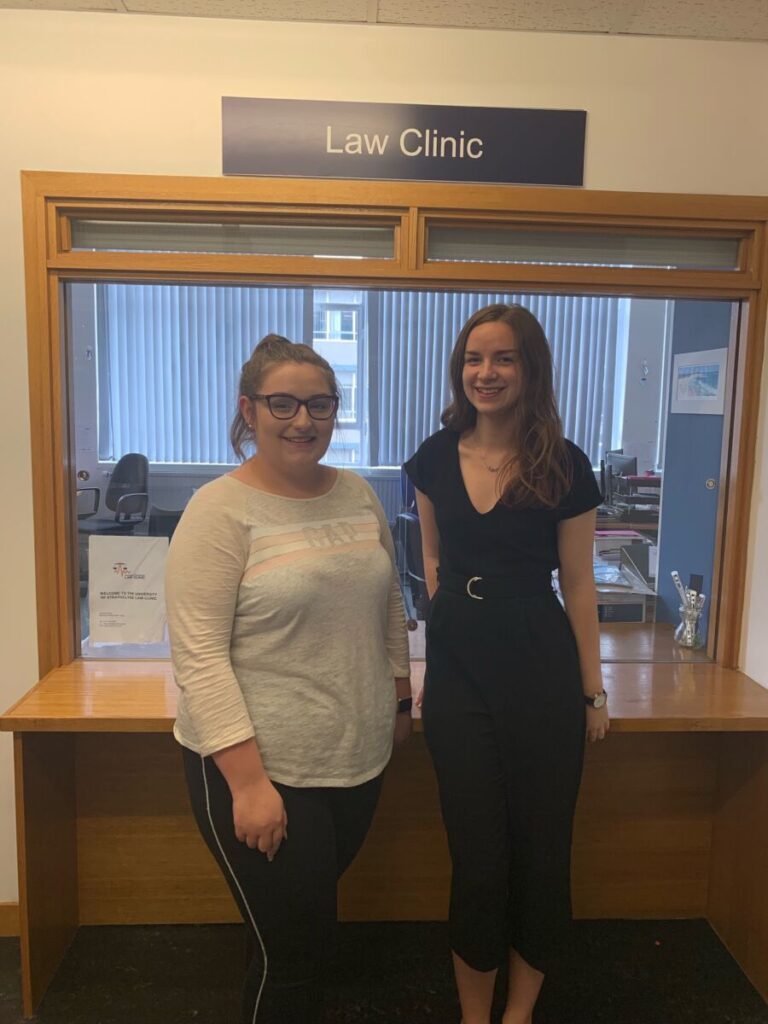Law Clinic’s Initial Advice Clinics’ Coordinator, Cara Hope, writes about the IACs’ journey since the beginning of the pandemic.

The Law Clinic’s Initial Advice Clinics (IACs) take place every second Wednesday, in which, volunteer solicitors provide on-the-spot initial advice to clients in matters regarding housing, consumer, civil, and employment law. The IAC appointments are organised and led by students however it is the fabulous team of over twenty volunteer solicitors who provide excellent legal advice to clients.
At the start of the pandemic, a swift change was made from in-person IACs At the start of the pandemic, a swift change was made from in-person IACs to ‘Virtual IACs’. This change was made possible with the innovative thinking of a dedicated, longstanding volunteer solicitor, Paman Singh. Just as people all across the country began the journey of working remotely, the volunteer solicitors immediately got on board with the Virtual IACs. The swift adjustment to remote IACs ensured that access to justice continued which was particularly important during the difficult stages at the height of the pandemic.
Over the past year of Virtual IACs we have been able to assist clients across the entirety of Great Britain. From the Isle of Lewis to Jersey and everywhere in between, the IACs are more accessible than ever and as a result, so is access to justice. Clients have been overwhelmingly grateful for the assistance and advice provided by the remarkable solicitors week after week. Students within the Law Clinic have also greatly benefitted from the knowledge learnt by listening to and assisting the volunteer solicitors.
To top off the excellent year we have had, continuing the IACs in such To top off the excellent year we have had, continuing the IACs in such difficult circumstances, the IACs were shortlisted and ‘Highly Commended’ by the judges at the LawWorks and Attorney General Student ProBono Awards 2021. This was an amazing achievement as it was a very tough competition with many other outstanding pro bono services at law schools and law clinics being recognised. This achievement could not have been possible without the dedication and expertise of our student advisors and incredible volunteer solicitors. The Law Clinic extends a massive thank you to each student and volunteer solicitor for your time and expertise.
To receive monthly updates on the work completed by the University of Strathclyde Law Clinic straight to your email, please sign up here.



